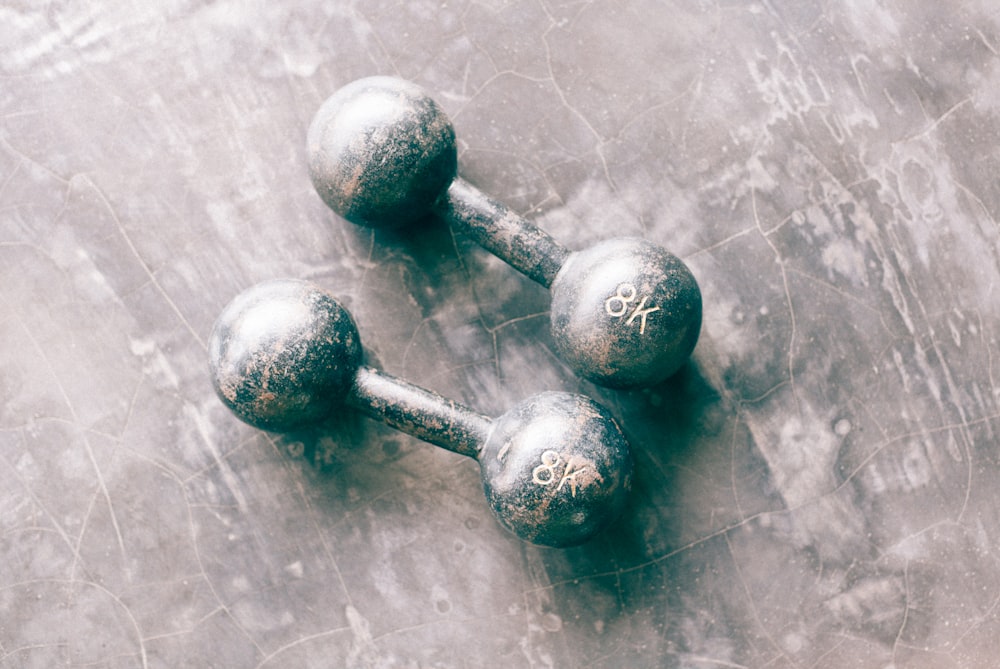I am officially closer to 50 than 40, and it shows.
If I didn't hear it all the time from my patients, I would be complaining: "I'm exercising the same and eating the same, but I'm gaining weight... around my middle!"
Yup, it's that middle-age middle-gain. Horrified that this was happening to me, despite having lost fifty pounds after two AMA pregnancies and religiously maintaining a healthy diet and exercise routine for years, I decided to fight back.
How do Type A M.D.s fight back? The evidence, baby. I hit the books big-time. My reading and research into this area have led to a newfound passion: Lifestyle Medicine. Everything from my personal life to my primary care practice to my writing has been impacted. I've even got a book coming out in December.
Back to the battle of the bulge. I learned all about sarcopenia, a well-known physiologic phenomenon of age. We simply lose muscle mass as we get older-- and women basically hemorrhage muscle mass around menopause. As we all know, muscle burns calories just by existing. When we lose muscle, our metabolism plummets, and we gain fat. Hence, that perimenopausal pudge.
This process, left unchecked, can lead to sarcopenic obesity: high adiposity coupled with low muscle mass, which is often associated with a deceivingly normal body mass index.
There's more to it, of course. Sarcopenia is bad for so many reasons. As one Cambridge University Press research review points out, "Sarcopenia, the age-associated loss of skeletal muscle, is a major concern in ageing populations and has been associated with metabolic impairment, cardiovascular disease risk factors, physical disability and mortality."
I was thrilled to see this topic covered in wonderful detail by Jane Brody, writer for the New York Times, in this and this article. She provides a wonderful review of the literature and expert opinion, along with some good suggestions. As she correctly points out, "few practicing physicians alert their older patients to this condition and tell them how to slow or reverse what is otherwise an inevitable decline that can seriously impair their physical and emotional well-being and ability to carry out the tasks of daily life." It may be that few practicing physicians are fully aware of how big a deal this is. I wasn't!
A review in the Journal of Family Practice describes sarcopenia as a known major cause of debility and frailty, but highlights that it can be effectively prevented or treated with a healthy high-protein diet and resistance training.
And it's true: when we gain muscle, our metabolism increases. The more muscle we gain, the more fat we lose (and we can even tolerate a little dietary indiscretion). There's endless benefits to toning that muscle: a stronger core prevents back pain and protects against back injuries. Increased strength prevents falls and protects from injuries if falls occur. Strength and mobility promotes the ability to manage ADLs and extends independent living.
For all of these reasons, I've taken up a simple resistance training regimen. I have zero time to be consulting personal trainers (who here can make any appointments and keep them? Not me) so I created my own plan, including a few key pilates moves I learned over the years, and alot of basic exercises using a pair of five-pound barbells I've had since literally 2005. That's it. Sometimes I'm on a yoga mat, sometimes on my daughter's rug (it's the softest one in the house). This routine takes me all of ten minutes, but has yielded visible results in four weeks.
On the days that I have no time, I at least drop and do ten planky-pushups, meaning I hold the plank position between pushups, and aim for ten. I sometimes do this right before bed, and typically, this move leads to a few other basic yoga stretches that really help ease me into sleep.
When I counsel women my age, I usually advise that they seek the advice of a trainer. Some women are former athletes and know their way around the weight room, and need only be educated, and then they're off and running. For elderly folks, especially those with prior injuries or who are really very frail, I recommend the official guidance of a physical therapist, with specific goals like "increased core strengthening and balance exercises for falls prevention".
I know there's physical therapists and physiatrists and orthopedic surgeons in this audience, and I welcome your input. What advice do you provide to patients around sarcopenia and sarcopenic obesity? What training regimen do you follow? Any tips appreciated!

Photo by Cyril Saulnier on Unsplash
